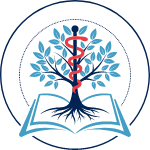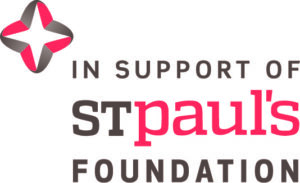
71st Annual St. Paul’s Hospital Continuing Medical Education Conference for Primary Care
The annual Continuing Medical Education (CME) Conference is a unique opportunity to refresh your knowledge about primary care medicine and revitalize your enthusiasm for the field. The conference will provide an evidence-based review of practical information and new trends and will discuss controversial topics useful for primary care clinicians practicing in urban or rural areas. Its educational activities will include a Main Lecture Series (MLS), which will provide a comprehensive review of Cardiology, Geriatrics, Internal Medicine, Surgery, Therapeutics & Investigations, Psychiatry & Behavioural Medicine, Oncology & Palliative Care, and Gynaecology & Paediatrics. Our exemplary guest speakers have been selected based on their experience and expertise and their ability to deliver informative presentations in an engaging and impactful way. Sessions have been designed to provide ample time for audience questions. The conference reflects our commitment to equity, diversity, and inclusion, and promotes clinician wellness through connection, reflection, and shared learning.
“It’s always an outstanding week, and I leave with countless practical pearls I can instantly apply in my practice.”
“This is truly the best course in Canada for family physicians—that’s why my colleagues and I travel from across the country every year!”
Main Lecture Series (In-Person / Virtual)
-
Tuesday, November 18th – Friday, November 21st, 2025
Optional Learning Sessions (In-Person)
-
Monday, November 17th: An Introduction to Practical Dermoscopy Workshop
-
Tuesday, November 18th: Small Group Lunch Workshop: Toolbox for Challenging Patient Encounters
-
Wednesday, November 19th: Small Group Lunch Workshop: Narrative Medicine
Learning Objectives
The conference and curriculum have been designed to ensure all participants will acquire an enhanced ability to:
-
Analyze current issues in primary care medicine;
-
Review new guidelines for the treatment of diseases and disorders commonly encountered in family practice;
-
Discuss cases regarding new treatment options and technological advances; and
-
Identify new evidence-based treatments using the most up to date clinical and scientific information.
Certification
CFPC:
The Main Lecture Series Program* and Optional Learning Sessions have been certified by the College of Family Physicians of Canada and the BC Chapter for up to 35 Mainpro+® certified activity credits.
AAFP:
Members of the American Academy of Family Physicians are eligible to receive up to 35 Prescribed credit hours for attendance at this event (Main Lecture Series Program* and Optional Learning Sessions) due to a reciprocal agreement with the College of Family Physicians of Canada.
*The Main Lecture Series Program has been certified for up to 25 Mainpro+® Certified Activity Credits.
Financial Disclosure
Any conference-generated surplus is reinvested in St. Paul’s Hospital (SPH) family practice resident education, departmental strategic initiatives, research, teaching, and UBC faculty development activities.
Conference Location Information
Venue
Vancouver Convention Centre West
1055 Canada Pl, Vancouver, BC V6C 0C3
Tel: 604.689.8232
Parking & Transportation
Parking is available at the Vancouver Convention Centre West for approximately $30/day. Several other parking lots are within easy walking distance, including the Fairmont Waterfront parking lot. Public transit information may be obtained by calling 604-953-3333 or visiting www.translink.ca
Special Services
If you have accessibility or other needs with which you require assistance, please note the details on your registration. For participants with dietary restrictions, the Registrant Luncheon, Grab & Go Breakfasts, Nutrition Breaks and Mixer will provide vegetarian alternatives. Please note any dietary restrictions with your registration.
Together, we can turn light into hope
SPH CME CONFERENCE for Lights of Hope
Join us in our support of St. Paul’s Foundation!
At the darkest time of year, when patients, residents, families, and caregivers need hope more than ever, Lights of Hope shines with all of the joy and wonder of the holiday season.
You can be a part of Lights of Hope and help St. Paul’s Foundation continue to provide compassionate care throughout Providence Health Care’s 18 sites, including St. Paul’s Hospital, Mount St. Joseph’s Hospital, and at Providence Living’s long-term care homes.
Please donate to our SPH CME Conference fundraiser and support patients, residents, and health care heroes today. Make your donation by scanning the QR code or visiting our fundraising page by clicking HERE





